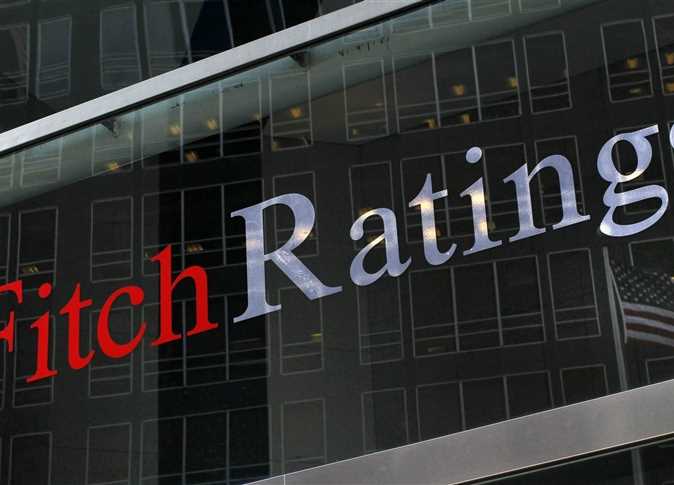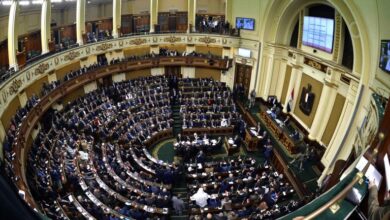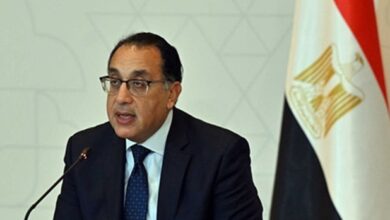On the second anniversary of the Friday of Anger, Tuesday’s papers reveal how the country is trapped between a deepening domestic political rift and an escalating wave of violence.
In its leading story, flagship state paper Al-Ahram points the finger at the National Salvation Front over “the abortion of the national dialogue,” which President Mohamed Morsy called for on Sunday during a televised speech. However, the paper highlights that the Islamist parties “hurriedly” responded to the call.
The Front’s refusal to come to the dialogue table was the major report that no newspaper missed on their front pages Tuesday.
Egyptian opposition leaders, including Mohamed ElBaradei, Hamdeen Sabbahi, and Amr Moussa have demanded preconditions for talks in a “historical” statement, as described by the liberal opposition Wafd Party’s paper Al-Wafd.
Among the reported demands: forming a new national unity government to address the critical issues, amending the constitution, establishing a fact-finding committee to achieve justice for the revolution’s martyrs, and the dismissal of Prosecutor General Talaat Abdallah.
Privately owned Youm7 highlights in a sub-headline some eye-catching quotes from the NSF’s statement.
Sabbahi, head of the Popular Current, places the responsibility for the bloodshed on Morsy, while ElBaradei, head of the Dostour Party, sharply criticizes the national dialogue on the grounds that it is empty of content with no serious discussion in sight, the paper says.
Freedom and Justice, the mouthpiece of the Muslim Brotherhood’s political arm, slams the Front’s stance, claiming that it prioritizes personal interests over the interests of the country. The paper also quotes Seif Abdel Fatah, a professor of political science at Cairo University, as saying that the Front’s members should put their hatred of the Brotherhood aside in order to save the country from the mounting crisis.
Over the course of six pages, Independent daily Al-Tahrir depicts the gloomy picture of the absolute chaos that has broken out in Ismailia, Port Said, and Suez Governorates.
Port Said is reportedly boiling with rage following the deaths of 45 and the injuries of hundreds more over the past three days. Clashes erupted between security forces and anti-government protesters during the funeral of six people whom were earlier killed in Port Said.
The paper also reports on the brutal police crackdown on political activists in Ismailia as well as the imposition of tight security in Damanhour following a botched attempt to storm a police station there. It adds that some residents set fire to vehicles, and threw Molotov cocktails and stones in the surrounding area.
Independent daily Al-Shorouk leads with a bold headline reading, “Canal people challenge the state of emergency of the president.”
The paper writes that the curfew has provoked bitter anger among Suez residents. Thousands of protesters decided Monday to stage a sit-in in Arbeen Square starting from 9 pm in order to defy the curfew.
FJP continues to contradict most other papers by bluntly reporting on its front-page that Suez Canal residents expressed support for Morsy’s decree, on the grounds that the state of emergency is temporary and helping to provide security against thugs.
The recently-established independent paper Al-Sabah writes that the Shura Council approved a proposed law by the Cabinet that grants the Armed Forces the power to arrest citizens on the pretext of ensuring public safety.
Privately-owned Al-Watan dedicates an entire page in remembrance of the revolution’s martyrs who gave their lives for the sake of the country, but with no hope for retribution in sight.
The paper runs heartbreaking stories recounted by the martyrs’ relatives saying their disappointment will remain until justice is served.




